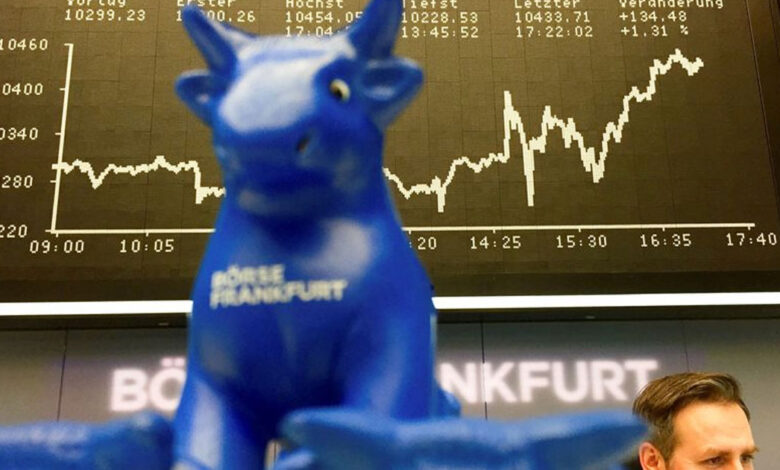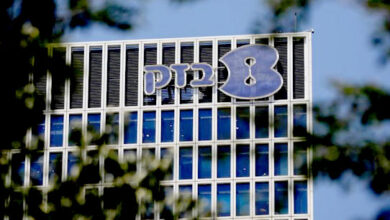European Stock Markets Show Modest Gains as French Industrial Production Bounces Back

European stock markets saw slight gains on Friday, as investors reacted positively to stronger-than-expected French industrial production data, bringing some relief at the end of a challenging week.
At 03:40 ET (07:40 GMT), Germany’s DAX index traded 0.1% higher, the FTSE 100 in the U.K. rose 0.1%, and France’s CAC 40 climbed 0.1%. However, these major indices are still set to record weekly losses, while the pan-European benchmark STOXX 600 index has faced a seven-day decline, marking its worst losing streak since February 2018.
French Industrial Production Shows Strong Recovery in July
Data released earlier on Friday revealed that French industrial output in July surpassed expectations by rising 0.8% on a monthly basis, a significant improvement compared to the expected 0.1% increase following a 0.9% decline the previous month. In Spain, the equivalent data showed a 1.8% decrease in July, better than the anticipated 2.0% decline and an improvement from the previous month’s 3.2% drop.
Despite these encouraging signs, Germany, as the dominant economy in the region, experienced a larger-than-expected decline in industrial production in July.
Eurozone GDP Growth Remains Sluggish
The eurozone’s gross domestic product (GDP) only grew by 0.1% in the second quarter compared to the previous three months. Citigroup has downgraded its 2023 economic growth forecast for the euro area to 0.4%, and predicts a gentle economic contraction over the next three quarters.
Inflation Concerns in Germany
German consumer prices increased by 0.3% month-on-month in August, resulting in an annual rise of 6.1%. This represented a slight slowdown from the 6.2% annual increase in the previous month, potentially putting pressure on the European Central Bank (ECB) to raise interest rates further next week, given that inflation in the eurozone’s largest economy remains more than three times higher than the ECB’s medium-term target of 2%.
The ECB has raised rates at each of its past nine meetings, and policymakers are currently debating whether to raise the deposit rate to 4% or take a pause.
Japanese Economic Growth Revised Lower
Japan’s economy grew at an annualized rate of 4.8% in April-June, which is lower than the initial estimate of 6.0% growth and falls below market expectations for a revised 5.5% expansion.
Tech Sector Under Pressure Due to Apple’s China Woes
The tech sector is in focus on Friday due to Apple’s challenges in China, with reports of restrictions on iPhone use by Chinese state employees causing the company’s market capitalization to drop by approximately $200 billion in just two days. This development precedes an upcoming event where Apple is expected to unveil its iPhone 15 lineup.
Casino Stock Declines Following Exclusion from French Equity Index
Elsewhere, Casino stock declined by 1.6% after Euronext announced that the debt-ridden supermarket retailer would be excluded from a key French equity index of major companies.
Crude Oil Prices Weaken but Maintain Weekly Gains
Oil prices retreated on Friday, moving away from the 10-month highs reached earlier in the week due to concerns about China’s economic health and a strong U.S. dollar. Nevertheless, both benchmark oil prices are still on track for weekly gains of approximately 1% following the news that leading producers Saudi Arabia and Russia have extended voluntary supply cuts until the end of the year.
Furthermore, late Thursday data indicated a significant 6.3 million-barrel reduction in U.S. inventories for the week ending September 1, marking the fourth consecutive weekly decline. As of 03:40 ET, U.S. crude futures traded 0.4% lower at $86.56 a barrel, while the Brent contract dropped 0.2% to $89.78.
In addition, gold futures rose 0.3% to $1,948.75/oz, and the EUR/USD exchange rate traded 0.1% higher at 1.0713.





